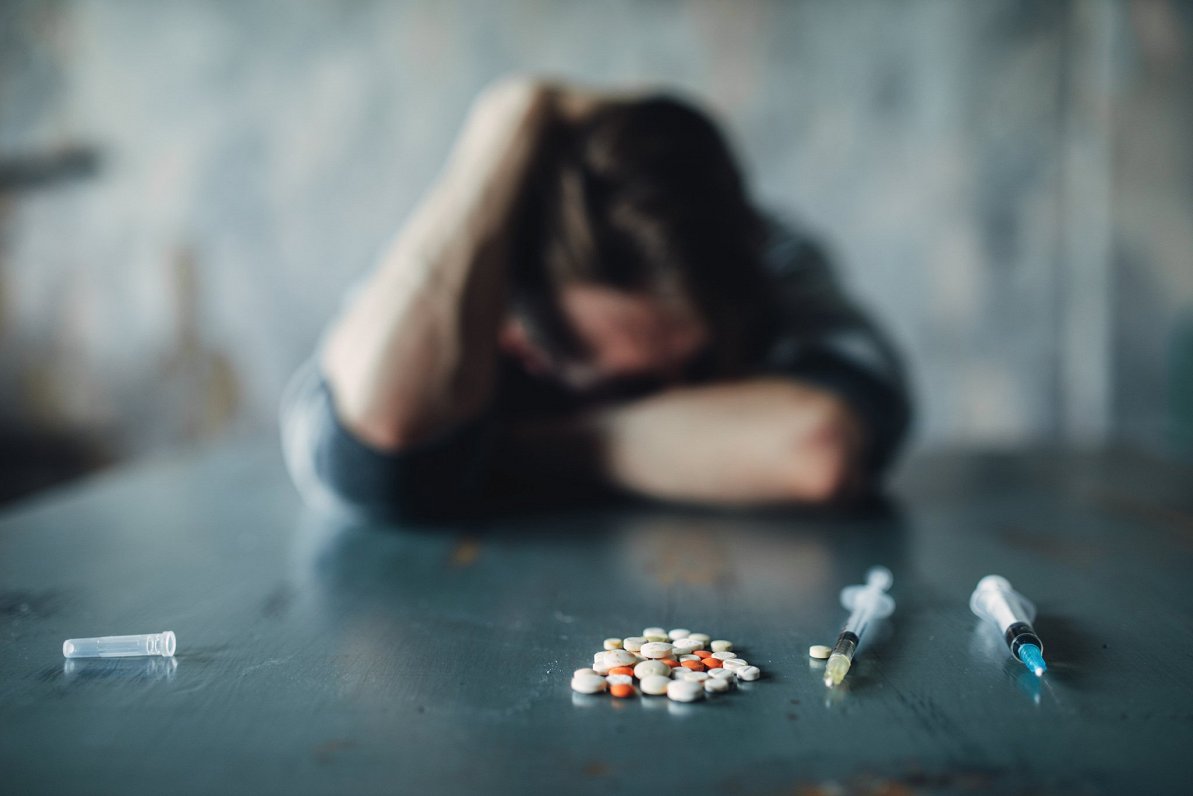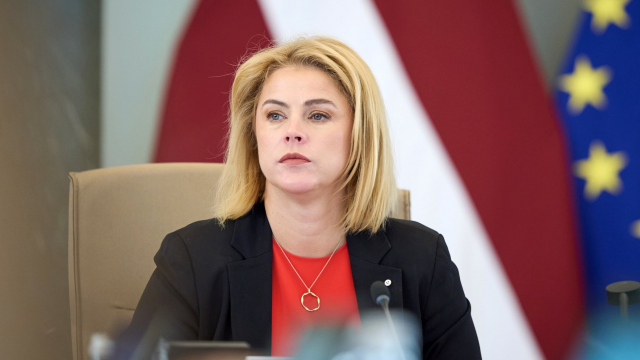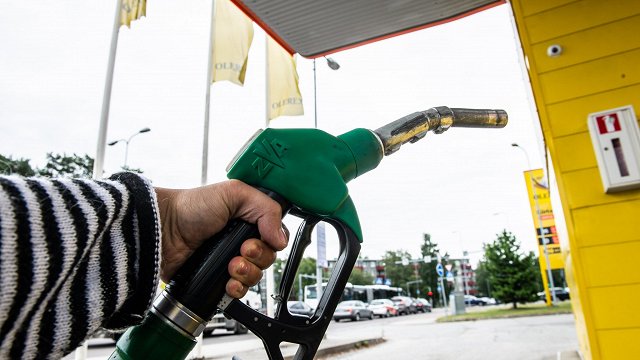Last year, 12 young people died from drug overdoses, including minors. In total, more than 150 people overdosed last year. This information was given at a joint meeting of the Saeima sub-committees discussing psychiatric and narcological services for young people and children. The main problem arises when a minor refuses treatment. The session spent almost two hours discussing how to change the situation so that young people do not die but are obliged to be treated.
The state should be obliged to treat minors with drug or other addictions, not to let them die, said a representative of the Ombudsman's Office at the hearing, presenting how the state provides treatment for children and adolescents with addiction problems. If a child wants treatment, the queues are long and the services are limited, but if they don't, it is even worse.
In Latvia, minors with addictions cannot be forced to undergo treatment, the Ombudsman found after a 17-year-old boy died of a drug overdose at the Ezermala orphanage in Mežaparks last year. He allegedly refused treatment. The Ombudsman turned to the police at the time, and the prosecutor's office has now sent a criminal case to court, charging the director of the orphanage with deliberate failure to perform the duties of a public official.
The Ombudsman's Office reiterated that the term "compulsory treatment" is not explained in the legislation. It is pointed out that the regulation of compulsory treatment contradicts the Law on Medical Treatment, which stipulates that treatment of addiction patients is voluntary.
The Ombudsman's Office considers that currently, doctors ignore the fact that if a young person is under the influence of alcohol, they are unable to think and decide adequately. Therefore, if they refuse it is as if nothing can be done.
The Office therefore points out to ministries and MPs that they need to clarify what compulsory treatment is.
"The state must do enough and have this duty - to take care of those children who are not motivated to get treatment. Unless it is really the politicians' choice that we allow these children to voluntarily choose - to live and receive treatment or to die," said Laila Henzele, spokesperson for the Ombudsman's Office.
The Ministry of Welfare is planning to introduce a social mentor at the Children's Clinical University Hospital next year to support minors after hospitalization.
With the exception of the Cēsis Juvenile Institution, currently, the only hospital in the country that treats children for addictions is Ģintermuiža in Jelgava, where there are only four places in the motivation program. Last year, the hospital was able to admit 16 minors.
Some adolescents refuse or run away, while others who agree and are motivated wait in long queues. In the meantime they might reconsider.
Services are not available to the same extent throughout Latvia, and there is not enough money to develop them more widely.
Marika Petroviča, Head of the Integrated Health Care Unit at the Ministry of Health, pointed out that there is a lack of resources: "In previous budget planning periods, the Ministry of Health also requested funding for narcological services, which unfortunately was not allocated. And we are seeing the consequences."
In the joint sitting lasting almost two hours, MPs agreed to come together next year, on March 1, and request additional money for the following year, as all sectors are short of money.





























